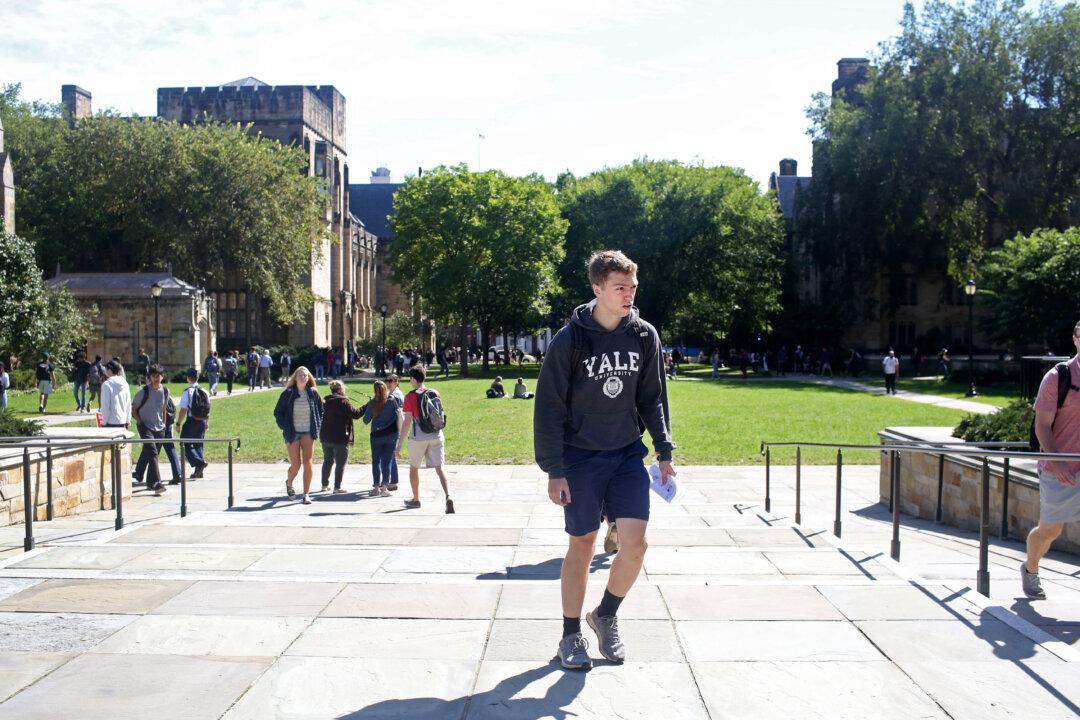Yale University does not need to give refunds to students after canceling in-person classes in early 2020, a federal appeals court ruled on Aug. 7.
Yale was accused of providing inferior education than it promised, but the university had the discretion to respond to the COVID-19 pandemic by transitioning completely to online classes without issuing tuition refunds, a panel of the U.S. Court of Appeals for the Second Circuit said.





